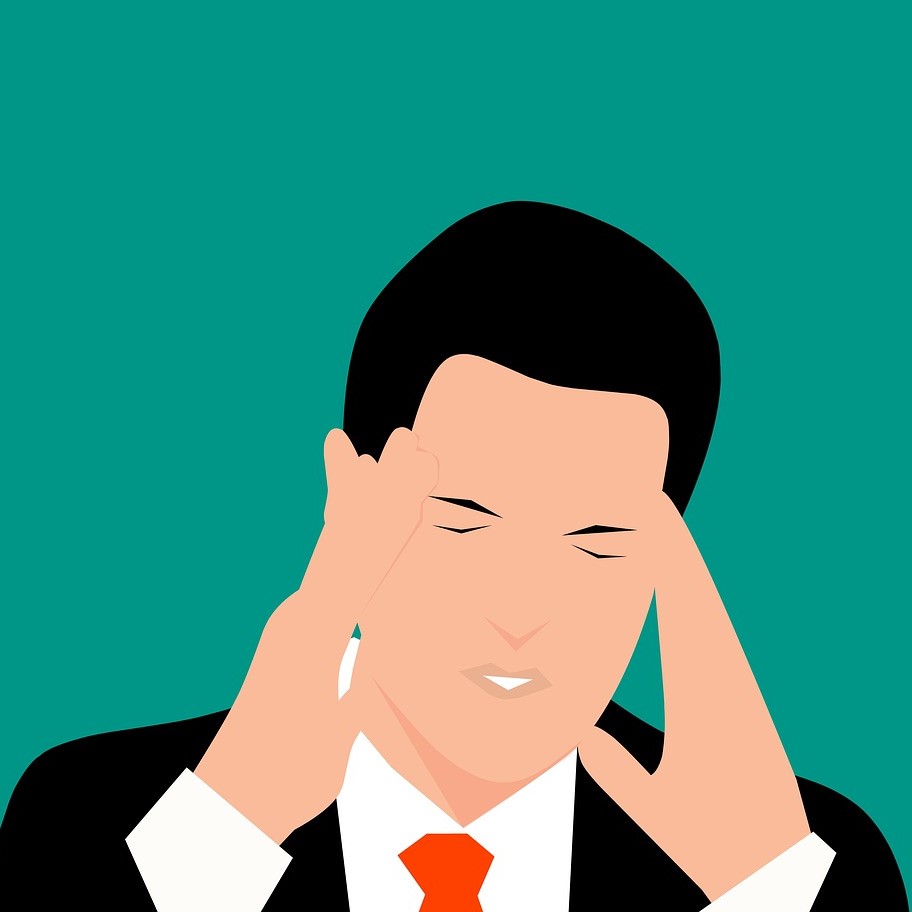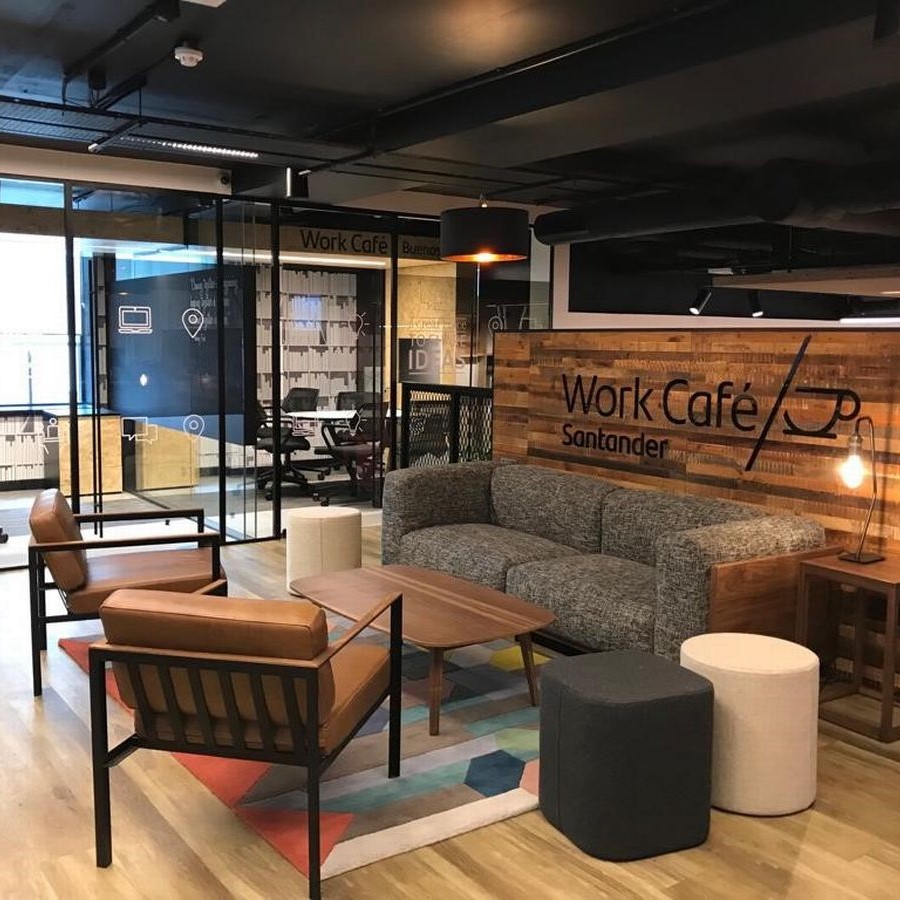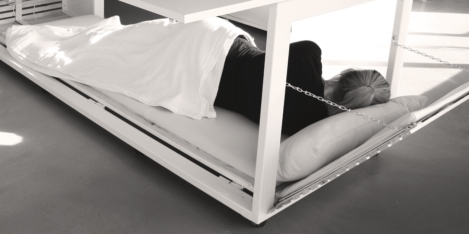July 29, 2019
Employers admit company culture causes stress at work
 Employers admit they need to do more to increase workplace resilience despite increased awareness of the impact of mental health issues in the workplace, claims a report from MetLife UK. Research for the report Mental Health and Stress: Building Employee Resilience in the Fourth Industrial Revolution, claims nearly six out of ten employers admit they have to increase the focus on helping their staff to build resilience and 66 percent say organisational resilience has to be driven by the company’s leadership. But nearly a third of employers admit their company’s culture creates stress at work and employees questioned for the study say employers are not honest during recruitment about the demands on staff and the impact in stress. More →
Employers admit they need to do more to increase workplace resilience despite increased awareness of the impact of mental health issues in the workplace, claims a report from MetLife UK. Research for the report Mental Health and Stress: Building Employee Resilience in the Fourth Industrial Revolution, claims nearly six out of ten employers admit they have to increase the focus on helping their staff to build resilience and 66 percent say organisational resilience has to be driven by the company’s leadership. But nearly a third of employers admit their company’s culture creates stress at work and employees questioned for the study say employers are not honest during recruitment about the demands on staff and the impact in stress. More →







 New research from Aon, claims that flexible benefits programmes continue to be popular within organisations, despite communication challenges and a potential impact from 2018’s
New research from Aon, claims that flexible benefits programmes continue to be popular within organisations, despite communication challenges and a potential impact from 2018’s 



























July 29, 2019
The tipping point for flexible working arrives
by James Geekie • Comment, Flexible working, Workplace design